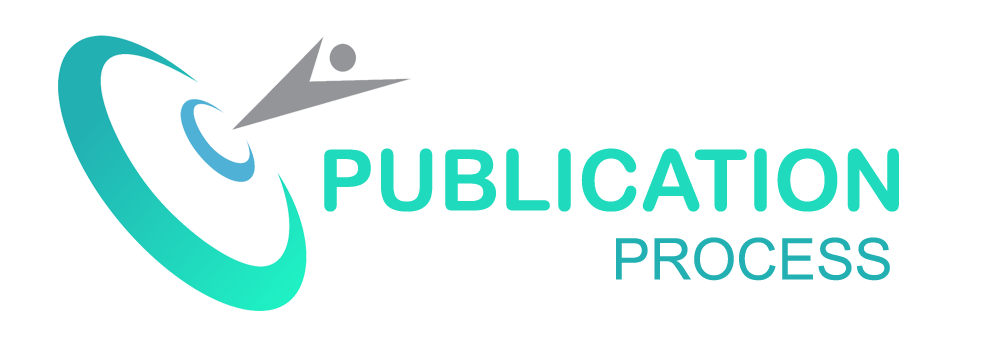PENGARUH RESILIENSI DAN POLA ASUH OTORITATIF TERHADAP STRES AKADEMIK PADA SISWA DI KARAWANG BARAT
Abstract
Masa transisi pembelajaran dari online ke offline yang dialami siswa
SMA di Karawang Barat setelah 2 tahun belajar dari rumah karena pandemi Covid19, membuat munculnya beberapa masalah yang terjadi salah satunya yaitu
ekspektasi akademik baik dari orang tua, guru, serta lingkungan. Hal tersebut
menimbulkan stres akademik bagi siswa, sehingga dibutuhkannya kemampuan
untuk beradaptasi yang dinamakan resiliensi dan pola asuh yang dinilai paling
efektif untuk mengatasi hal tersebut yaitu pola asuh otoritatif. Tujuan dari penelitian
ini yaitu untuk mengetahui pengaruh resiliensi dan pola asuh otoritatif terhadap
stres akademik pada siswa di Karawang Barat. Populasi penelitian ini adalah siswa
di Karawang Barat sebanyak 106 partisipan. Penelitian ini menggunakan metode
kuantitaif. Teknik sampel yang digunakan adalah non-probality sampling dengan
teknik purposive sampling. Hasil uji hipotesis Ha₁ diterima H₀₁ ditolak dengan nilai
Sig. 0,015 < 0,05, Ha₂ ditolak H₀₂ diterima dengan nilai Sig. 0,012 > 0,05, dan Ha₃
diterima H₀₃ ditolak dengan nilai Sig. 0,002 < 0,05 yang berarti terdapat pengaruh
resiliensi dan pola asuh otoritatif terhadap stres akademik sebesar R² = 11,1% dan
sisanya 88,9% lainnya dipengaruhi oleh variabel dan faktor lain
he changing learning methods from online to offline experienced by
high school students in West Karawang after 2 years of studying from home due to
the Covid-19 pandemic caused several problems, one of that was academic
expectations from parents, teachers, and the environment. This causes academic
stress for students. The ability to adapt is called resilience and the parenting pattern
that is considered the most effective to overcome this is the authoritative parenting
style. The purpose of this study was to determine the effect of resilience and
authoritative parenting on academic stress in students in West Karawang. The
population of this study was 106 students where this study used quantitative
methods with non-probability sampling methods and purposive sampling
techniques. The results is Ha₁ hypothesis are accepted, H is rejected with a Sig
value. 0.015 < 0.05, Ha₂ rejected H₀₂ accepted with a value of Sig. 0.012 > 0.05,
and Ha₃ is accepted, H is rejected with a Sig value. 0.002 <0.05, which means there
is an effect of resilience and authoritative parenting on academic stress of R² =
11.1% and the remaining 88.9% is influenced by other variables




